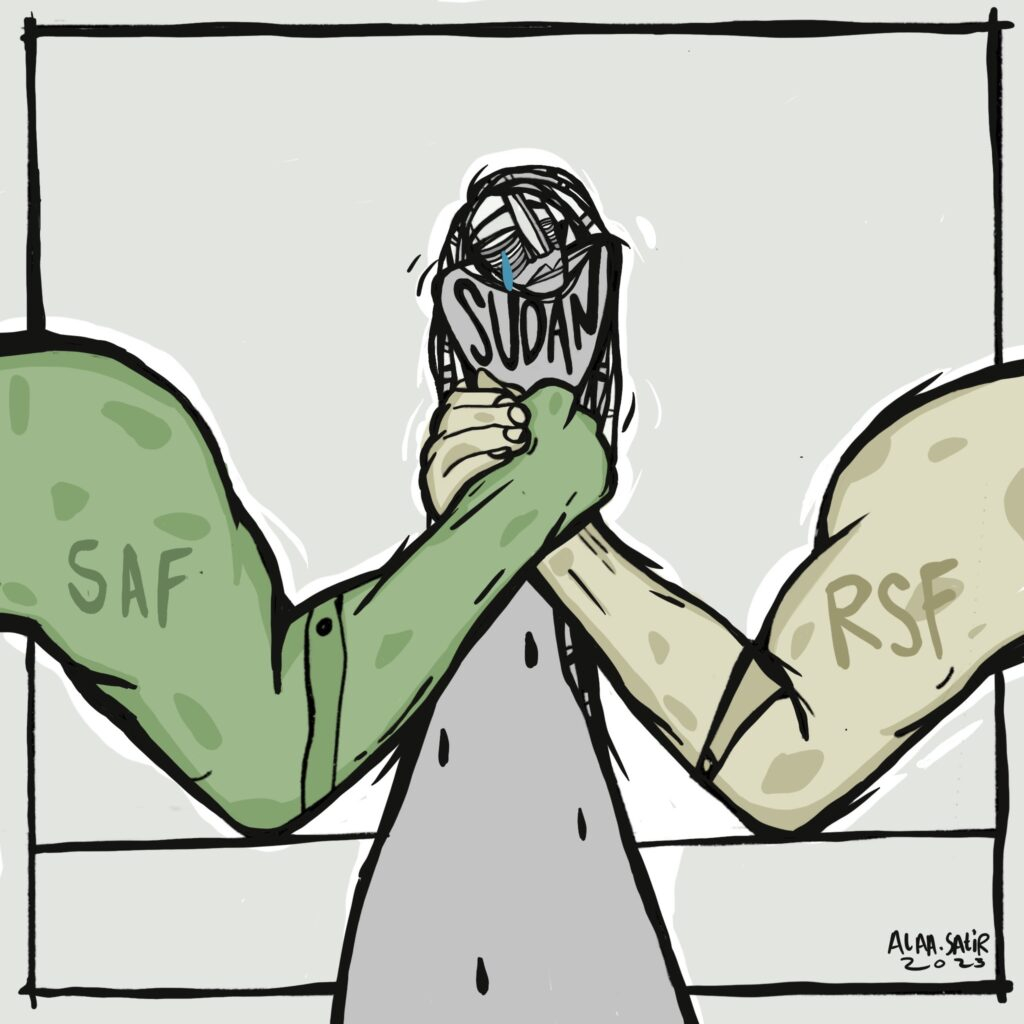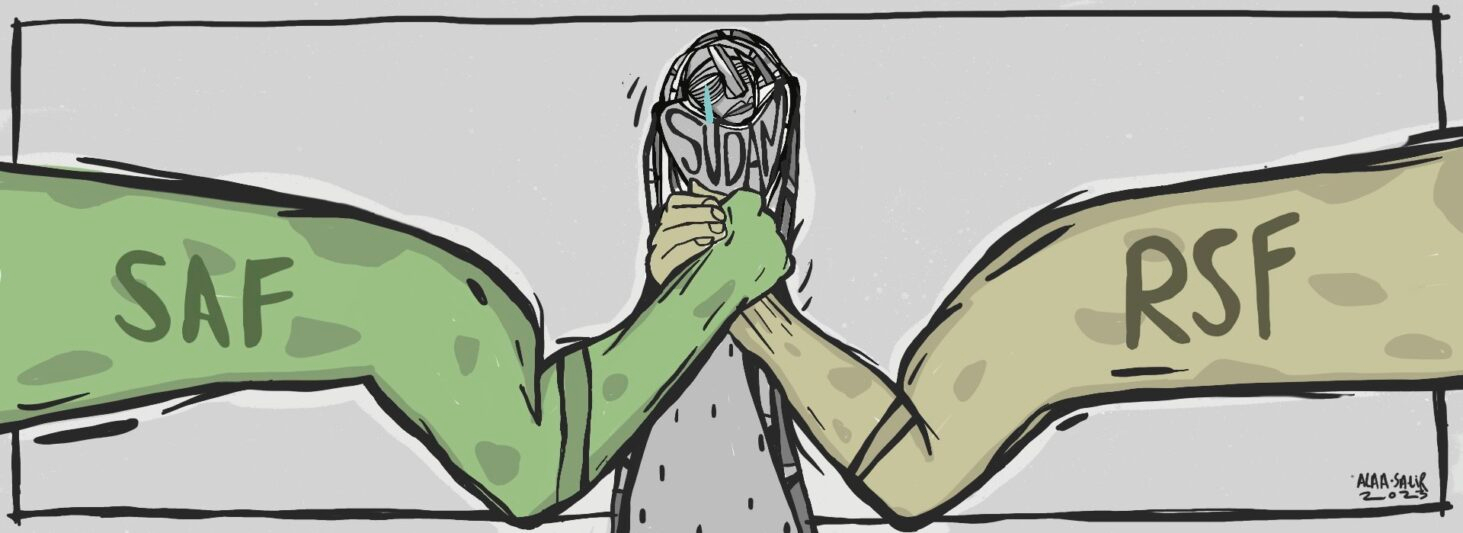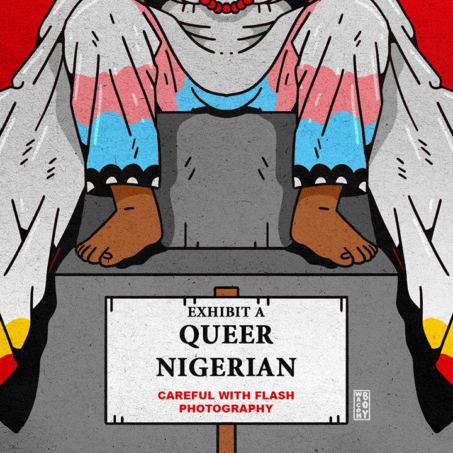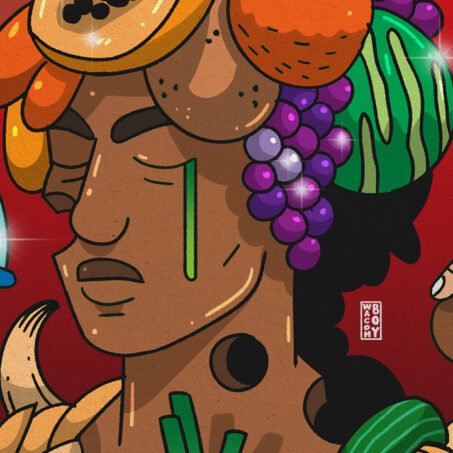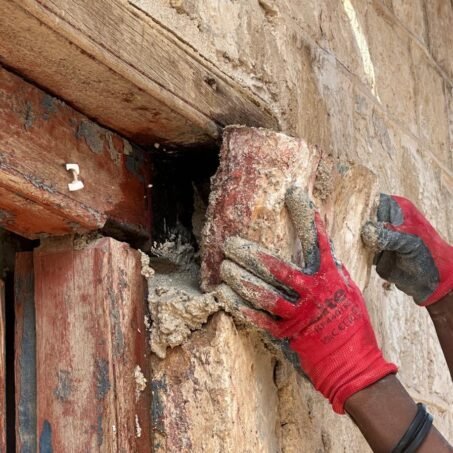Sudan is currently 11 months into a senseless conflict between two military generals, or belligerents, who represent different factions in Sudanese politics. Efforts by the international community to bring a resolution to the conflict have failed; there have been at least 16 failed cease-fires, and unsuccessful peace plans from the African Union and other blocs.
However, it is not simply a war between two generals, one leading the traditional army (the Sudanese Armed Forces, or the SAF) and the other heading a paramilitary group (the Rapid Support Forces, or the RSF). This is a war by the military and militarised groups against the Sudanese people. It is a war about the soul of Sudan.
The question at the core of the conflict is this: will Sudan be a nation that is run by civilians, with freedom, justice and peace as its foundational values, as the millions called for during the revolution? Or will it slip back into its old dictatorial ways, a nation crippled by leaders who respect only military rule?
The jury is still out, but the position of the Sudanese people is clear. They want to live in a country free of military rule, where civilians lead the nation and freedom, peace and justice reign. That was the aim during the 2018/2019 revolution, when a popular, non-violent movement brought a sea change to the country and inspired the world, and that’s what remains the aim today.
What happened in 2019?
Sudan’s 2019 revolution was the culmination of many months – years, really – of resistance against Omar El-Bashir, the President who ruled the nation with a crushing iron fist for almost 30 years. It was one of the largest social movements in recent history.
Protests began in regional towns in December 2018. Bear in mind, this was not the first time Sudanese people had tried to bring down Bashir. There was an early attempt a few months after the Egyptian Arab Spring moment in 2011, resuming later in 2012 and 2013. However, this time was different. By starting in the regions, popular support built, and within weeks, regular protests were taking place across the country.
By April, a sit-in was established at the front of the military headquarters, and it became a symbol – a manifestation – of what a new Sudan could be. Full of art, education, healthcare and joy, the sit-in was visited by dignitaries the world over.
Within days, Omar El-Bashir stepped down, only to be replaced by another military head. The people continued to protest, resist and demonstrate their displeasure, forcing another resignation and the creation of a body called the Transitional Military Council – the TMC. However, on 3rd June, the state decided the sit in was a threat to national security, and opened fire.
It was a massacre in the heart of the city. Over 100 people were gunned down, the exact number remains unknown. Internet was cut off, and the world turned ‘blue for Sudan’. Resistance committees were catapulted into action, and soon, the ‘Millions Marches’ began, continuing the call for civilian rule.
By late August, the Sovereign Council – part military, part civilian – formed, and was tasked with overseeing the path to civilian rule. Abdallah Hamdok was named Prime Minister, and the first phase of the revolution was over.
How has democracy been co-opted by the military?
The agreement was always that the military in the Sovereign Council would hand over power after approximately two years. However, when the time came, they instead seized power in a coup and claimed to be doing it in the name of the people!
The two men at the top – General Abdel Fattah al-Burhan of the SAF and General Mohamed Hamdan Dagalo of the RSF – worked together to thwart the civilian movement. However, once the coup was successfully undertaken, it became a power struggle between the two, and who would ultimately prevail, control Sudan and ultimately, profit from all of its land and resources.
If you pay attention to the language used by both the RSF and the SAF, and the way they have learnt to position themselves, to the Sudanese as well as – if not more so – to the international community, you will see they use the language of the ‘will of the people’, of ‘protecting the revolution’ and so on – claiming to be of the people when in fact, their actions show otherwise.
What is happening in West Darfur and how is this linked to the previous genocide in Darfur?
Unfortunately, much of the focus over the past year has been on Khartoum, partly because it is the capital and had not seen conflict like this since the late 19th century, and partly because of race and class. The elites in Sudan are Arab tribes, and the conflict in Darfur has an ugly, racialised reality, as many of those being targeted, harassed and killed are those from non-Arab tribal groups.
It is important to know that the RSF is in fact the formalised version of another group – the Janjaweed, which translates to ‘devils on horseback’. The Janjaweed were responsible for the genocide in Darfur in the early 2000s, tasked by Bashir to ‘deal with the rebels’ – for a deep dive into their history, this is a critical read. As it describes, the janjaweed targeted the Fur, Zaghawa, and Masalit villages in 2003, and the RSF is doing the same today.
Thousands have been killed, and the situation does not look like it is improving any time soon. We are devastatingly seeing history repeat itself.
What is the situation for people in Chad who have fled?
Hundreds of thousands have travelled to Chad, seeking shelter and aid.
Despite the stress on the neighbouring nation’s resources, already stretched by its own challenges, Chad has left its borders open, unlike others to the north and east. But the situation is not easy, by any stretch, and people are suffering from a dire humanitarian crisis – and there’s a stark shortage of funding to alleviate it.
This is a brilliant feature on the situation.
How big is the humanitarian crisis unfolding?
The situation is dire. According to the UN:
- About 10.7 million people are now displaced by conflicts in Sudan, with 9 million inside the country, making Sudan the largest internal displacement crisis globally. (IOM)
- About 3.5 million people have been displaced from the state capital Khartoum since mid-April 2023.
- 16 million people in Sudan have insufficient food consumption, with Darfur having the highest ratios. (WFP Hunger Map)
- Suspected cholera cases continue to rise and at least 10,500 cases, including 292 associated deaths, were reported from 60 localities of 11 states.
- About 7 million people were reached with life-saving assistance and 5.7 million people received agricultural and livelihood support between 15 April and 15 December 2023.
From the UN OCHA situation report:
- Of the 10.7 million people displaced, 1.7 million have fled to neighbouring countries. Chad hosts the majority of arrivals at 37% with South Sudan at 30% Egypt at 24% while Ethiopia, Libya and the Central African Republic host the remainder. This creates additional humanitarian needs in a region that is already in crisis. Their needs are overwhelming: shortages of food, shelter, healthcare, and sanitation, all combine to place them at heightened risk of disease, malnutrition, and violence, according to the IOM.
- Humanitarian needs across Sudan are at record highs with 24.8 million people, or every second person, needing humanitarian assistance in 2024. This is 9 million more than in 2023. Millions lack access to essential goods and services such as food, water, shelter, electricity, education, health care and nutrition.
- The 2024 Sudan Humanitarian Needs and Response Plan (HNRP) requires US$2.7 billion to provide life-saving multi-cluster and protection assistance to 14.7 million people across Sudan in 2024. As of 1 February 2024, the appeal is 3.3% funded, with $88.7 million received, according to the Financial Tracking Service.
What role do international players have in this?
Ah, there’s always an international angle. The RSF would not have had the capacity to continue the fight for as long as it has without international support, and much of it is reported to come from a key US ally: the UAE.
Hemedti, the leader of the RSF, has strong personal and commercial ties with the Emirates, and supplies tons of gold from his family controlled mines in Darfur to the small nation. Saudi and Egypt are also involved, although not as deeply as it appears the UAE has been. Some have said Sudan is a ‘proxy war’, but that is too simplistic and ignores the complexity of domestic politics.
There are foreign interests, and regional powers vying for the rich resources available, all looking to control a piece of the pie. Where the international community failed, and continues to, was in accepting the 2021 coup, legitimising the military generals and excluding the civilians – those who resisted and overthrew the military dictatorship in the first place. That is where international political pressure should be – on ensuring civilians are involved in the peace process, on ensuring the regional powers aren’t low-key fueling the conflict for their own aims, and on sending aid to the tens of millions of innocent Sudanese caught in the middle.
What can you do?
- You will often hear us Sudanese say #KeepEyesOnSudan. So much of the war has been waged in international silence, I often speak to folks who are fairly politically aware, who have no idea about the conflict, the scale of the disaster, the urgency of the need. So please, keep eyes on Sudan.
- Write to your representatives and ask why aid is not being sent, why visas are not being issued, why countries continue to support those nations fuelling the conflict.
- Donate, if you can – there are always GoFundMe links around (just look up #KeepEyesOnSudan on any social media platform) or check out eyesonsudan.net/donate.
- Go to your local Sudanese protest. Consume Sudani art, music, literature (more here!)
- Continue to engage, so we do not die in silence, but also continue to engage, so you too can be inspired by the wondrous strength and resilience of the Sudanese people. Subhanallah. One day, we will see freedom, justice, and civilian rule!
Further reading:
- On the importance of including civilians in the peace process
- On the RSF’s ‘paramilitary industrial complex’
- Reuters special report on the use of rape as a weapon in Darfur
- Exposing the murderers – the UAE involvement in the war in Sudan
- Manufacturing a Veneer of Legitimacy, Warlords Drag Sudan into the Abyss: As two would-be strongmen vie for control of a state being torn apart, a propaganda battle is raging online.
